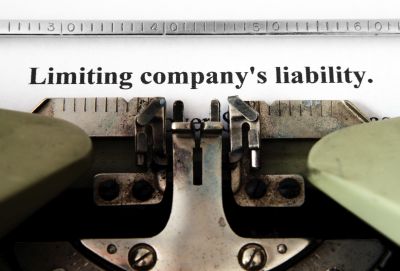Playing It Safe: 3 Common Business Insurance Traps To Be Aware Of
 Business owners need insurance coverage to protect themselves and their companies against liabilities and financial losses.
Business owners need insurance coverage to protect themselves and their companies against liabilities and financial losses.
When starting the policies, owners make the mistake of overlooking vital exclusions and limitations.
This could lead to inadequate coverage when the company needs it the most.
By learning about the 3 common business insurance traps, business owners get proper insurance and won’t suffer serious losses.
Fraudulent Insurance Certificates
The problem is that the certificates are presented as an option to cover liabilities that happen when performing services for a customer. Unfortunately, when the business tries to use the certificate, they do not have the same coverage as detailed by the certificate. A major issue with these certificates is that the customer believes that the company is insured, and if a problem or liability happens, the company can file a claim to cover the cost of the damage.
When the company has to file a claim to get coverage, they learn too late that the certificate doesn’t provide the same coverage, and it generates a financial loss for the business owner. Company owners that purchase one of these fraudulent insurance certificates contact a law firm for an insurance attorney now.
Once the certificate is found to be fraudulent, the insurance agency must correct the issues in coverage. The insurer must create a policy for the business owner that provides the coverage that the owner believed they purchased in the first place.
Defective General Liability Policies
Defective general liability coverage excludes the liabilities that are most likely to happen and create a financial loss for the company. This could include terms that cover environmental developments in the workplace and cause occupational illnesses for workers and exposure-based conditions for visitors.
It could apply to substances such as mold, mildew, and asbestos. Some defective policies have exclusions for certain bacteria. This could lead to uncovered liabilities such as exposure to bacteria or viruses in the commercial property. Some insurers used the exclusions to deny coverage for customers who contracted COVID-19 in commercial properties.
When starting the general liability policies, the business owner must review all exclusions to determine if they are covered against all probable liabilities. A risk assessment helps the owner discover all instances in which workers, visitors, or customers could become injured and present a premise liability for the company.
By correcting certain exclusions, the owner can maximize their coverage and retain coverage for all liabilities and risks associated with their business.
Coverage for the Use of Antimicrobials
New sanitation practices have emerged since the onset of the global COVID-19 pandemic, and more businesses could face liabilities if they do not address all health risks proactively.
While the policies apply primarily to the management of mold, they could have more exclusions related to fungi and viruses. The distribution of antimicrobials must follow specific guidelines disclosed in insurance policies.
Unfortunately, coverage for the liabilities is not disclosed fully to policyholders. The current exclusions for the policies are that the company will not receive coverage for any liabilities that resulted from the illegal distribution of the antimicrobials. Businesses could face serious financial losses because of these exclusions and violations of the terms of the policies.
Companies must purchase insurance that covers liabilities and events that could cause financial losses. Unfortunately, some insurers are not ethical and could present owners with fraudulent policies with restrictive exclusions.
By learning about these exclusions and insurance traps, businesses get the coverage they need without exceptions.





